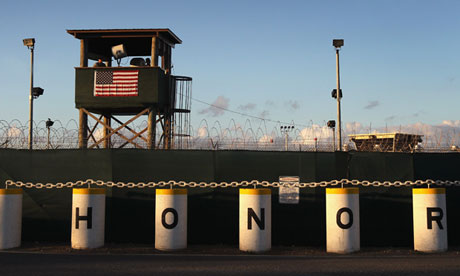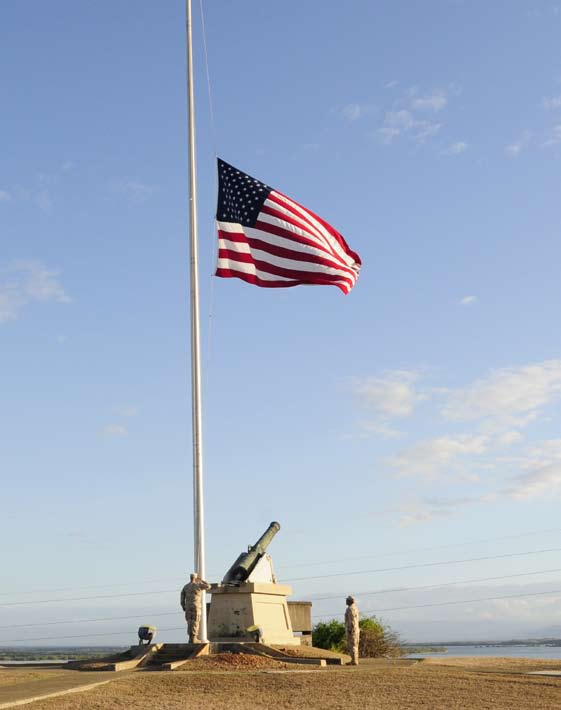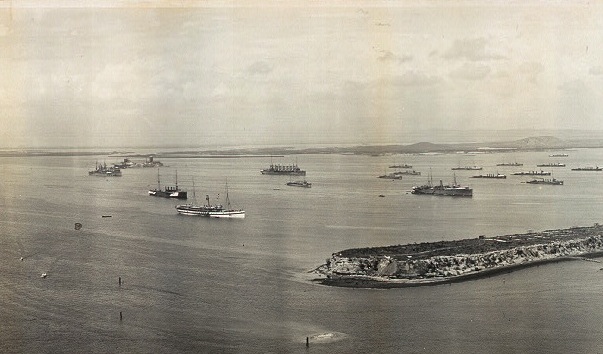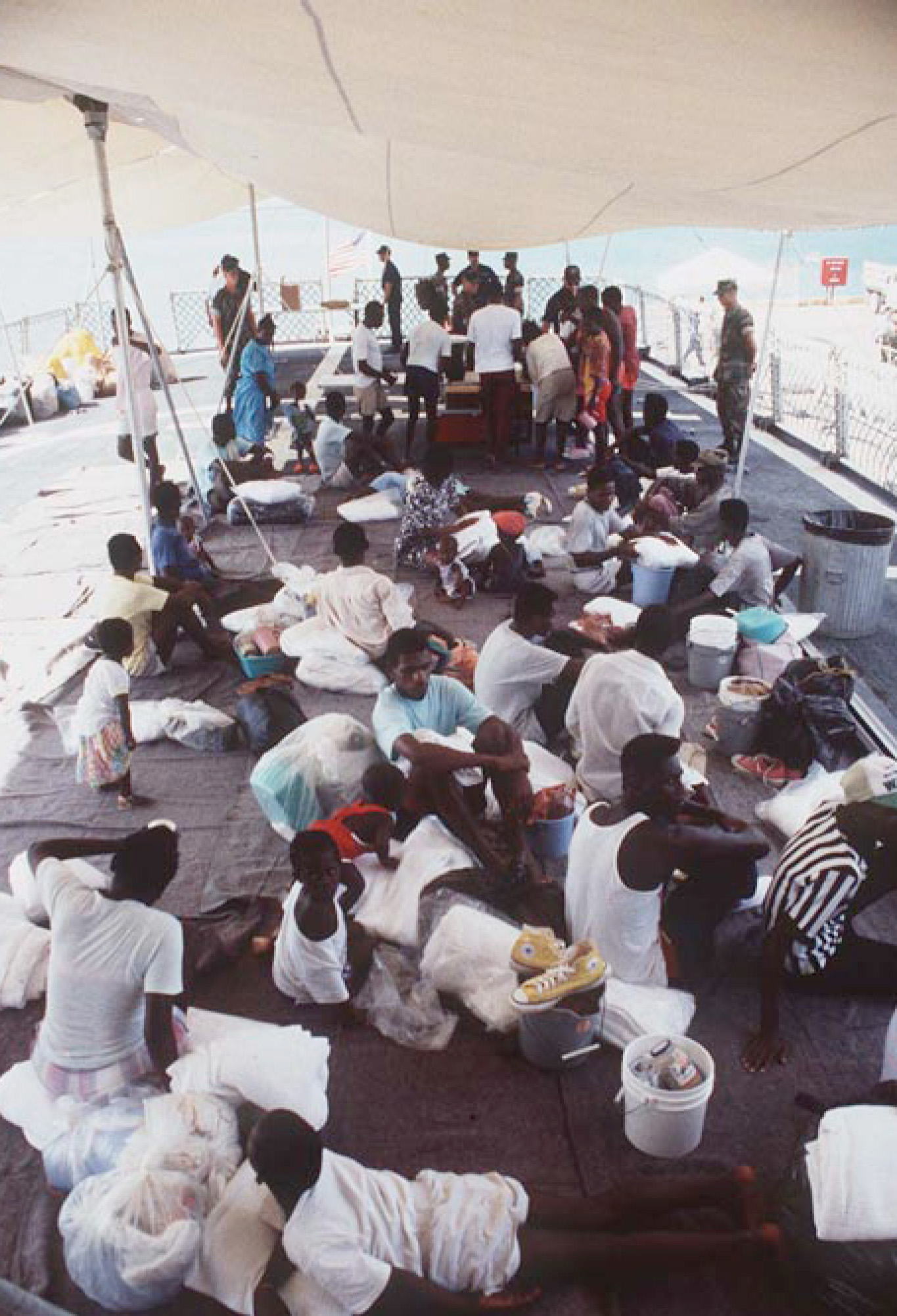This week, three members of congress submitted a request to deliver a presentation to the Senate arguing that the U.S. government should broaden its powers to indefinitely detain people believed to be a threat to national security. The move seems to indicate that indefinite detention is becoming increasingly acceptable, and that Guantánamo’s exceptional legal status will…
Read moreGuantánamo Public Memory Project
Archive: December 2012
GPMP Featured on BBC’s The World
BBC’s The World recently published an audio interview on the Guantánamo Public Memory Project and on the story of former base worker Alberto Jones, “Over the past century, thousands of Cubans have worked at Guantánamo as contract military and government employees, and domestic workers. That era officially came to end Friday when the last two Cuban…
Read moreGuantánamo Bay’s Other Anniversary: 110 Years of a Legal Black Hole

Liz Ševčenko recently wrote an article for The Guardian on the importance of opening dialogue about Guantánamo, “…Guantánamo is much more than a prison: it’s made up of the thousands of people who worked there, grew up there, and served there, whose stories reveal the many things Gitmo is and can be. Refugees remember Gitmo as both a site of…
Read moreChallenging Myth in Representations of American History
National Dialogue and Traveling Exhibit

In museum representations of contested periods of US history, narratives are often based on rigid notions of who constitutes the victim and the perpetrator. Examples include West As America’s revisionist interpretations of frontier art which implicated artists in the violence of westward expansion; Enola Gay’s highly critical depiction of the US and the atom bomb in…
Read moreU.S. as Empire
National Dialogue and Traveling Exhibit
The United States as empire. The phrase seems unsettling or inappropriate. Throughout a K-12 education, one comes to understand the US as leader of the free world, bastion of liberty, promoter of democracy and defender of the downtrodden. Indeed, lobbying for Cuban inclusion in the peace treaty of their own independence, Cuban General García invoked…
Read moreGuantánamo Is Mostly Not Exceptional
National Dialogue and Traveling Exhibit
Guantánamo is not exceptional. There has been enough scholarship-activism – enough debunking of myths and re-writing of histories – to make that abundantly clear. The history of the site is a history not of extraordinary, singular happenings, but of careful strategies. ‘Guantánamo’ could have been in Cuba or Haiti. Within Cuba it was selected from…
Read morePerspectives on Guantánamo
National Dialogue and Traveling Exhibit
Before I was introduced to this project, I knew very little about the historical circumstances surrounding the U.S. Naval Base at Guantánamo Bay (GTMO). I was aware of its location in Cuba and connection to the war in Afghanistan and Iraq, but understood next to nothing about the site’s legacy of political and military intermittence. This perspective,…
Read moreImperialism in American History
National Dialogue and Traveling Exhibit
It is hard to deny that the United States of America is an imperial power. This is clearly seen in the United States’ ongoing actions in Cuba starting in the Spanish American War or the existence of any of our territories. However, being an imperial power does not mesh as well with the American story.…
Read moreThis Week in Guantánamo: 2012 and 1903
This Week in Guantánamo: Present and Past

December 12, 2012: The Justice Department has ruled that the Obama administration does not have to disclose video showing the forced extraction of Guantánamo Bay prison detainees because doing so would be detrimental to national security. December 10, 1903: Official control of Guantánamo Bay is “handed” to the U.S. in a ceremony on the…
Read moreCreative: Picture Projects & Tronvig Group

